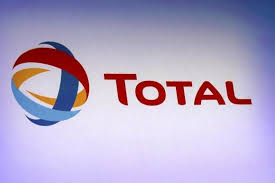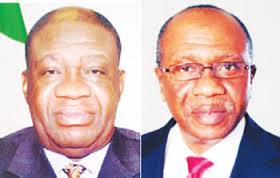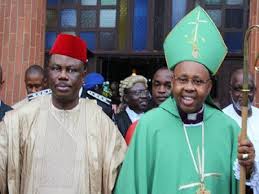• Keeps 2017 free cash flow goal at $15b
Management of Total of France has concluded plans to sell of its producing asset and overhaul exploration after cutting its oil output targets .The company also is seeking European funds to deliver a Russian gas project on time despite international sanctions.
Total, has managed production outages in Libya, Kazakhstan and Nigeria, and has decided to cut its 2017 output goal to 2.8 million barrels of oil equivalent per day from the previous 3 million.
The company ranked as French best with market value and Europe’s fourth biggest oil and gas group, launched a “high-risk, high-reward” drilling strategy two years ago. But the strategy never yielded the expected results as high-cost investments did not lead to large discoveries.
“We have more than 15 major projects to fuel the future growth … Two thirds of those projects are operated by us, so that gives us confidence we will achieve the targets,” chief financial officer Patrick de La Chevardiere said at Total’s investor day in London recently .
De La Chevardiere is of the view that Total believed its Yamal joint-venture project in the Arctic could go ahead on time, despite international sanctions against Russia for its role in the Ukraine crisis.
“We had meetings with EU authorities and they confirmed that onshore Arctic gas projects are not under sanctions.” He said, the $27 billion Yamal liquefied natural gas project could no longer raise dollar financing, but could still get funding in Euros, Renminbi and Roubles.
Total, like other big oil companies, has been under pressure from shareholders to cut costs and raise dividends as rising costs in the oil industry and weaker oil prices squeeze profitability.
It has been selling off businesses, such as its adhesives division Bostik, which French chemicals group Arkema has offered to buy for 1.74 billion Euros (2.24 billion US dollar).The company plans to sell $10 billion of assets in 2015-17, having hit a target of $15-20 billion of sales in 2012-2014.
Since 2010, Total has generated a total of $30 billion from assets sales, according to De La Chevardiere. That makes it one of the most ambitious sell-off programmes in the industry alongside BP’s $50 billion sell-off plan.
De La Chevardiere declined to comment on what assets the company could sell, adding that under the previous asset sale plan, it had sold both upstream and downstream businesses.














